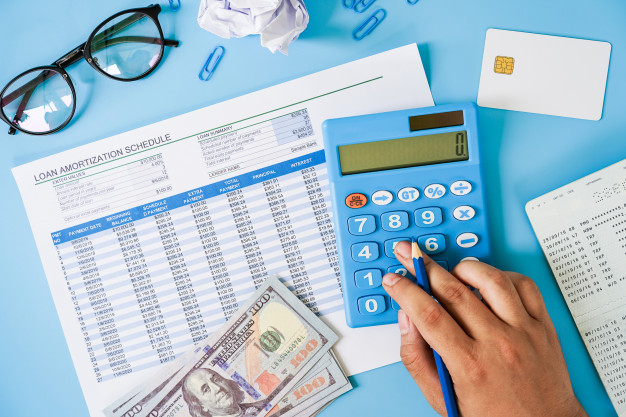Personal loans are collateral-free loans, making them most people’s first choice when seeking finance from an external source. Apart from the ease, you can access a hefty amount to fund a range of personal loan for your personal need.
However, being an unsecured loan, personal loan interest rates are relatively higher than those of secured loans. The interest rate on a personal loan depends on various factors. Firstly, it depends on the type of loan you choose, fixed or floating interest personal loan. Further, it alters based on how well you qualify for the loan as per the lender’s personal loan eligibility criteria. Typically, these criteria are based on your age, income, profession and credit score.
But first, take a look at the ongoing personal loan interest rates in the country so that you can make a wise borrowing decision.
Present Personal Loan Interest Rates in India
Interest rates on loans are linked to the repo rate. An increase in the repo rate increases loan interest rates and vice versa. Recently, the RBI cut the repo rate by 25 bps for the third time this year, and currently, it stands at 5.75%. Further, the weighted average interest rate on loans rose from 10.38% in January to 10.42% in April, indicating negligible movement. However, experts opine that you can expect more rate cuts in the coming months as the RBI has moved from a neutral to accommodative monetary policy stance.
Now that you know of the broader factors that affect your personal loan interest rate, take a look at 3 important factors that are specific to your financial profile.
Your Credit Score
Your credit score is a reflection of your creditworthiness and past repayment behavior. A good score of 750 and above implies that you have repaid all your past debts on time. Thus, lenders categorize you as a low-risk applicant and offer competitive interest rates on a personal loan. Conversely, a score lower than 750 shows that you carry some amount of risk. He
ce, you may have to pay a higher interest rate or settle for a low loan amount.
Your Income
A high income means that you are capable of repaying the personal loan on time, and this reduces the lender’s risk. As a result, they are likely to charge you a lower personal loan interest rate. In contrast, if your income seems insufficient, you are more likely to default and may not have the resources to repay the loan in full. As this poses a high risk to the lender and it has no collateral to fall back on, you have to pay a greater amount as interest.
Your Relationship With The Lender
If you have an existing business relationship with your lender and have displayed responsible credit behavior, in the interest of retaining you as a customer, the lender may offer you a competitive interest rate.
Now that you know the factors that determine your personal loan interest rate, work towards securing the loan on competitive terms. To ensure this, compare lenders and their offerings before applying for a personal loan in order to bag the best deal. For instance, genuine lenders like Bajaj Finance have simple personal loan eligibility criteria and minimum documentation so you can qualify for a loan easily. Once approved, you can access up to Rs.25 lakh personal loan at a nominal interest rate and repay it over a flexible tenor spanning 12 to 60 months.
Further, you can avail this loan on a Flexi facility that lets you withdraw on the go and pay interest only on the amount utilized. Additionally, you can pay interest-only EMIs throughout the tenor and repay the principal only when the tenor is up. This way, you can manage your finances and save up to 45% on EMIs. To view tailor-made deals and avail an online personal loan in a single step, check your pre-approved personal loan offer from Bajaj Finserv right away.
Read Also:






















